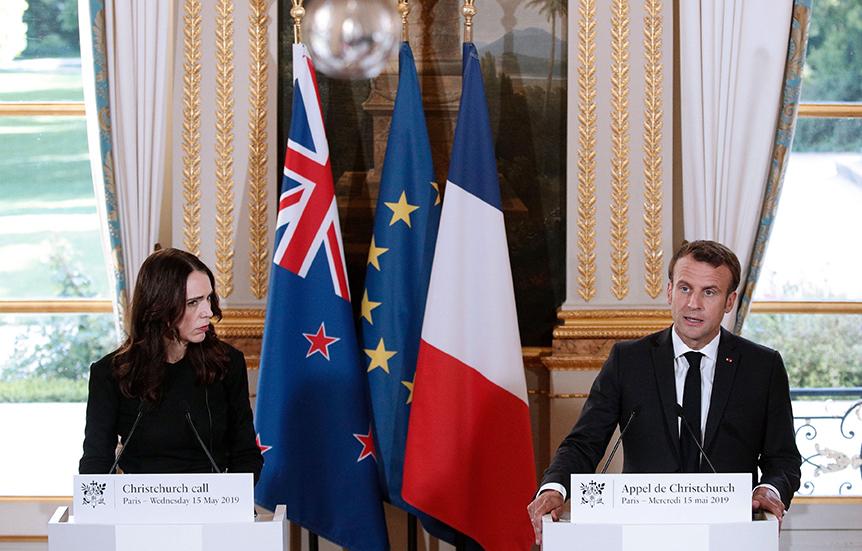In response to the recent Christchurch shooting in New Zealand that killed 51 people at a mosque, the nation’s government called for international cooperation to prevent further online extremism on social media in what became known as the “Christchurch Pact.” American President Donald Trump, however, has refused to sign the deal, arguing that signing it would restrict US citizens’ online freedom of speech. President Trump’s decision has garnered international controversy, with many criticizing his apathetic response toward the shooting.
“It was an incredibly sad event, with many people killed or injured,” says James Tyvand, AP World History teacher. “I was proud of the response of the New Zeland Prime Minister, in which she immediately enforced legislations and introduced a ban on automatic assault rifles. However, I was very disappointed in the actions of Donald Trump, who did not even consider agreeing to the pact in the aftermath of a horrible tragedy.”
After deciding not to sign the pact, the White House announced that it would continue to stay active in countering online terrorism while also respecting free speech and press. Despite this statement, however, Trump has been criticized for a lack of tangible proposals to support the prevention of terrorism or extremism. For instance, he chose not to attend a high-level political gathering on May 15th, where many political leaders and CEOs of social media platforms met in Paris to discuss the issue of weapons trafficking. His absence was particularly concerning because the US has been highly influenced by social media usage, as well as gun shootings in recent years.
“I personally strongly disagree with US President Donald Trump’s decision to not take part of the Christchurch Call,” says Katie Lee (12), MUN Club President. “Although it is a non-binding treaty and merely a call to action, taking part of it at least sends out a message that one is strongly against terrorism and extremism. I believe that this pact could have been a crucial step towards lesser hatred and lesser extremism at least on the Internet, but it has failed to do so because one of the biggest stakeholders, the United States, has decided to opt out.”
Despite the opposition Trump has recieved regarding his decision, he has been praised for his consistent support for free speech, a value that many American social media users felt was crucial for facilitating open discussion online. Many have also strongly pushed for the protection of the First Amendment and the nation’s traditional emphasis on freedom, therefore supporting Trump’s decision to abstain from the Pact.
“I believe that the decision of President Trump is not as bad as what the general public thinks it is,” says Sean Kim (9), an MUN delegate. “Giving freedom and the right to say what they want to on the Internet is one of the most fundamental principles of the United States, and suppressing this freedom means not abiding by the values America was built on and the foundation of the country.”

